Someone asked me, Facebook Vs YouTube: Which Is Better for content creators to Monetize their videos and make money online? Another person told me emphatically that creators are making it big time on Facebook. It is the best place to monetize their content now.
I was like, wow, I would like to write an article on this topic because many of you have asked since I made an article on Tiktok that you would like to know more about Facebook.
So that gave birth to this article; please read on…
Many of you think Facebook pays 30 dollars for a video with 100,000 views; by the end of this article, you will know how much Facebook pays.
- How easy is it to monetize on Facebook?
- How much did they pay for 100,000 views?
- Is it better off than YouTube?
- Which Platform pays more: Facebook Vs YouTube
- Which is recommended for beginners: Facebook Vs YouTube
At the end of this article, you will get the answers; I will analyze these two platforms by looking at their requirements for monetizing your videos by placing ads on them and some basic facts you need to know about the platforms.
A Comprehensive Guide for Content Creators to Monetize Videos
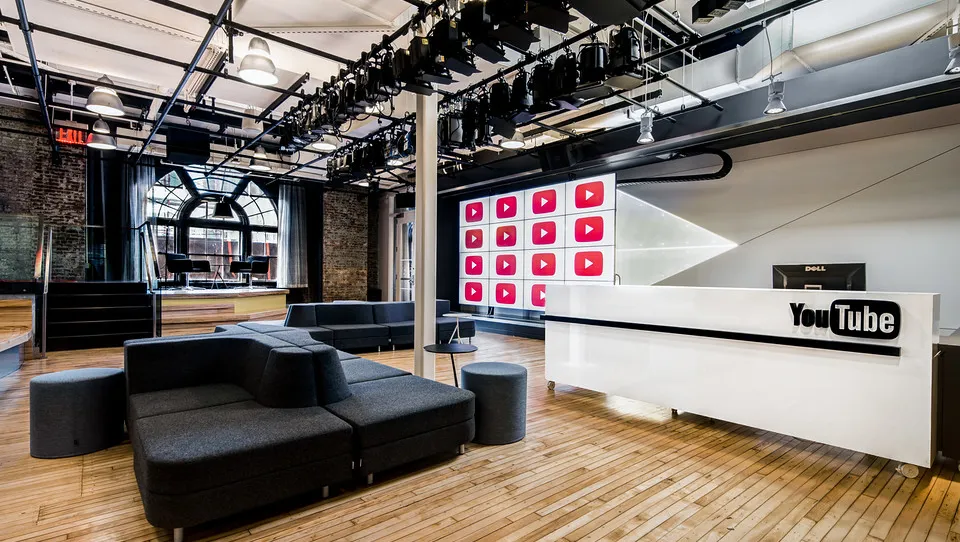
In the digital age, content creators have a plethora of platforms to choose from for monetizing their videos. While YouTube has long been considered the go-to platform, Facebook has emerged as a viable alternative, with claims of substantial earnings.
In this article, we delve into the intricacies of monetizing videos on both platforms, addressing common misconceptions and providing insights for content creators.
Video Monetization Platforms: Facebook Vs YouTube
Choosing the best platform for video monetization depends on several factors, including your content, audience, and goals.
Monetization options:
YouTube: Offers a wider range of options, including ads, sponsorships, merchandise sales, channel memberships, Super Chat (donations during live streams), and the YouTube Premium revenue share.
Facebook: Primarily focuses on in-stream ads, but also offers brand partnerships, paid online events, and Stars (donations during live streams).
Earning potential:
YouTube: Generally offers higher RPM (revenue per thousand impressions) due to more targeted advertising and a wider range of monetization options. However, competition is fierce and reaching the minimum requirements for monetization can be challenging.
Facebook: RPM can be lower, but videos have a higher chance of going viral due to the platform’s sharing features, potentially leading to more views and overall earnings.
Both Facebook and YouTube have their own strengths and weaknesses
YouTube Pros and Cons: Video Monetization Platforms
Pros:
- Higher CPMs (cost per thousand impressions): YouTube generally offers higher CPMs for ads compared to Facebook, especially for specific niches and demographics.
- Wider range of monetization options: You can earn through ads, sponsorships, merchandise sales, channel memberships, Super Chat, and more.
- Larger and more diverse audience: With over 2 billion monthly active users, YouTube offers a wider reach than Facebook for video content.
- Strong search engine: YouTube is the second largest search engine in the world, making it easier for viewers to discover your content.
- More control over your content: You have more control over how ads are displayed on your videos and can choose which brands you partner with.
Cons:
- Higher view time requirement: You need to have at least 4,000 watch hours and 1,000 subscribers to join the YouTube Partner Program and start earning money.
- More competitive: Due to its size, YouTube is a highly competitive platform, making it harder to stand out and get views.
- Stricter content guidelines: YouTube has stricter content guidelines than Facebook, which can limit the type of content you can create.
Facebook Pros and Cons: Video Monetization Platforms
Pros:
- Lower view time requirement: You only need 10,000 followers to start monetizing your videos on Facebook.
- Easier to go viral: Facebook’s algorithm is more likely to promote videos to a wider audience, making it easier for your content to go viral.
- Multiple monetization options: You can earn through ads, brand partnerships, in-stream sales, and Facebook Stars.
- Strong community engagement: Facebook facilitates stronger community engagement around your videos, which can be valuable for building relationships with your audience.
Cons:
- Lower CPMs: Facebook generally offers lower CPMs for ads compared to YouTube.
- Fewer monetization options: You have fewer options for monetizing your videos compared to YouTube.
- Less control over content: You have less control over how ads are displayed on your videos and who you partner with.
- Unstable platform: Facebook’s monetization policies and features are constantly changing, making it less predictable.
Ultimately, the best platform for you depends on your specific needs and goals. Consider the factors mentioned above and do your research to see which platform is a better fit for your content and audience.
YouTube’s Dominance:
YouTube has been the undisputed leader in video monetization for content creators for several years. Its established reputation and user-friendly interface have attracted creators worldwide. However, recent contenders like Facebook and TikTok have entered the scene, prompting content creators to explore new opportunities.
Requirements For Video Monetization: Facebook Vs YouTube
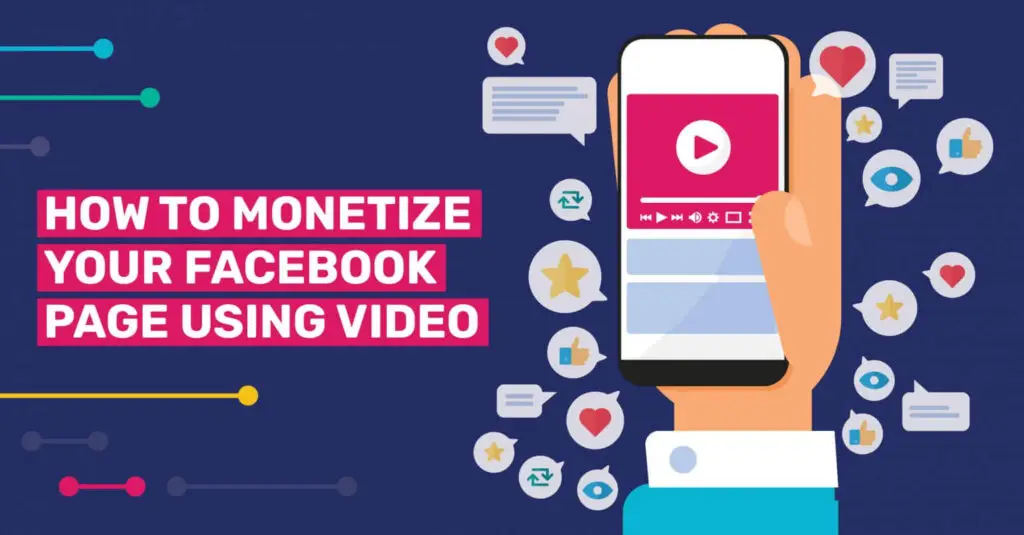
Facebook Monetization Requirements:
To start earning on Facebook, creators need a minimum of 10,000 followers, with at least five active videos on their page. Additionally, accumulating 10,000 hours of watch time within the past two months is essential.
YouTube Monetization Requirements:
Contrastingly, YouTube demands 1,000 subscribers and a minimum of 4,000 hours of watch time within the past 12 months. The comparison raises questions about which platform poses more challenges for aspiring content creators.
Monetization Program Accessibility: Facebook Vs YouTube
Geographic Considerations:
The availability of monetization programs on both platforms is influenced by the creator’s country of residence. Facebook’s program is accessible in 52 countries, while YouTube extends its reach to 105 countries.
This raises concerns, especially for creators in regions where Facebook’s program is not available, such as in many African countries.
Overcoming The Facebook Geographic Monetization Restrictions:
Creators facing limitations on Facebook can explore workarounds, like partnering with someone in an eligible country to be a co-owner or admin on their page.
The Size of Your Audience Size: Facebook Vs YouTube
Facebook’s Massive Audience:
Facebook boasts a staggering 3 billion monthly active users, surpassing YouTube’s user base of less than 2.1 billion. While a larger audience can potentially lead to more views, the quality and engagement of the audience also play crucial roles.
Ads Placement: Facebook Vs YouTube
Timing of Ads:
An important distinction lies in the timing of ads on videos. Facebook requires at least one minute of video play before placing ads, whereas YouTube allows ads to be placed before the video begins. This distinction influences how creators can optimize their revenue streams.
Content Virality: Facebook Vs YouTube
Sharing Dynamics:
The virality factor differs significantly between the platforms. On Facebook, the in-app share feature facilitates easy sharing, potentially leading to quicker virality.
YouTube, on the other hand, relies more heavily on its algorithm for videos to gain traction.
Customer Support: Facebook Vs YouTube
Support Accessibility:
Content creators often need assistance in navigating platform-related issues. Facebook’s support has faced criticism for its limited accessibility, while YouTube, through the YouTube Partner program, provides active support via YouTube Studio or the AdSense page.
Facebook vs YouTube Which Is More Useful
Monetization Tools:
Both platforms offer additional monetization tools beyond ad revenue. Facebook provides features like fan subscriptions, online events, and Branded connect.
YouTube, meanwhile, has a range of options including Channel membership, Super Chat & super stickers, YouTube shopping, YouTube Premium subscription, and YouTube brand connect.
Interface Stability:
One notable concern with Facebook is the regular changes to its interface and features. This constant evolution poses challenges, especially for creators who need to stay tech-savvy. Stability in policies is crucial for content creators seeking consistent income.
Earning potential:
YouTube: Generally offers higher RPM (revenue per thousand impressions) due to more targeted advertising and a wider range of monetization options. However, competition is fierce and reaching the minimum requirements for monetization can be challenging.
Facebook: RPM can be lower, but videos have a higher chance of going viral due to the platform’s sharing features, potentially leading to more views and overall earnings.
Conclusion
My thought on these platforms is this; you should maximize your opportunity by uploading on both platforms. It won’t cost you anything, except if you want to optimize your videos for each platform, that should be fine because how you edit Facebook videos is slightly different from how you edit YouTube videos.
Also, you can drive your traffic from one to the other, so in all, YouTube Still Remains the best platform for video content.
Discover more from Digital Wealth Guru
Subscribe to get the latest posts sent to your email.
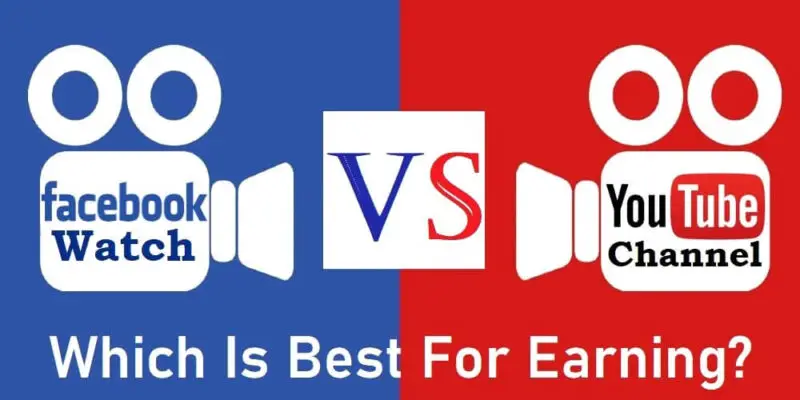

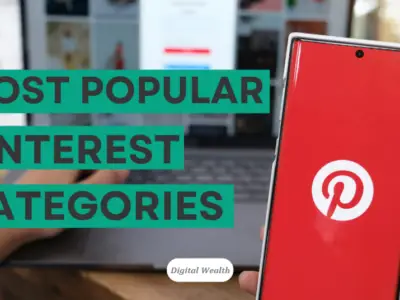
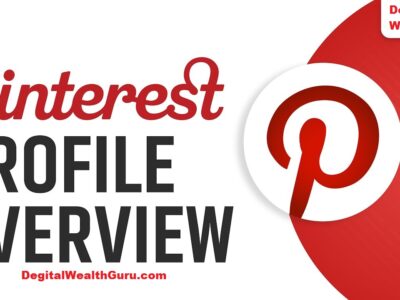
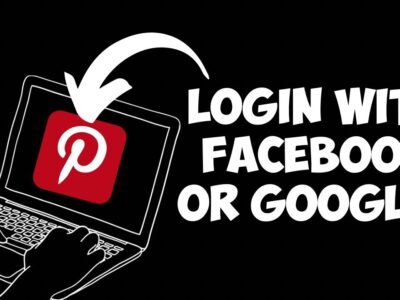

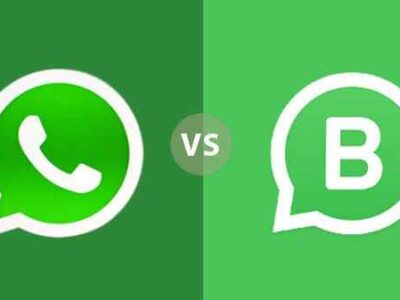
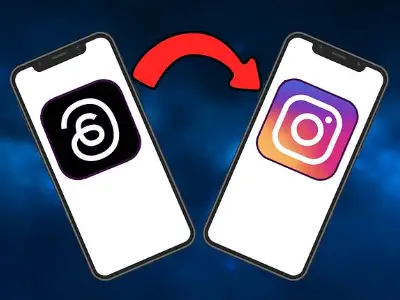
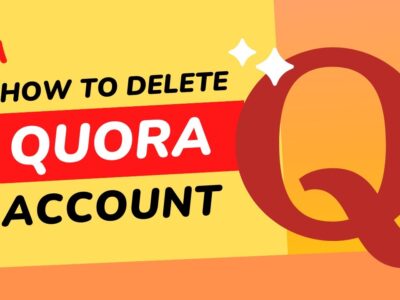
[…] lets you organize groups and collections of questions and answers around specific themes. Unlike Facebook Groups, not all Space members have the same level of access to posting to the Space’s […]
[…] platform is better: YouTube or Facebook? After Google, YouTube is the second biggest search engine. Facebook is great because it brings […]
[…] this blog post, chances are you have an interest in engineering drawing and are looking for ways to monetize your skills. Well, you’re in […]
[…] marveling at the diverse range of creators and the incredible stories they share on their Faceless YouTube […]